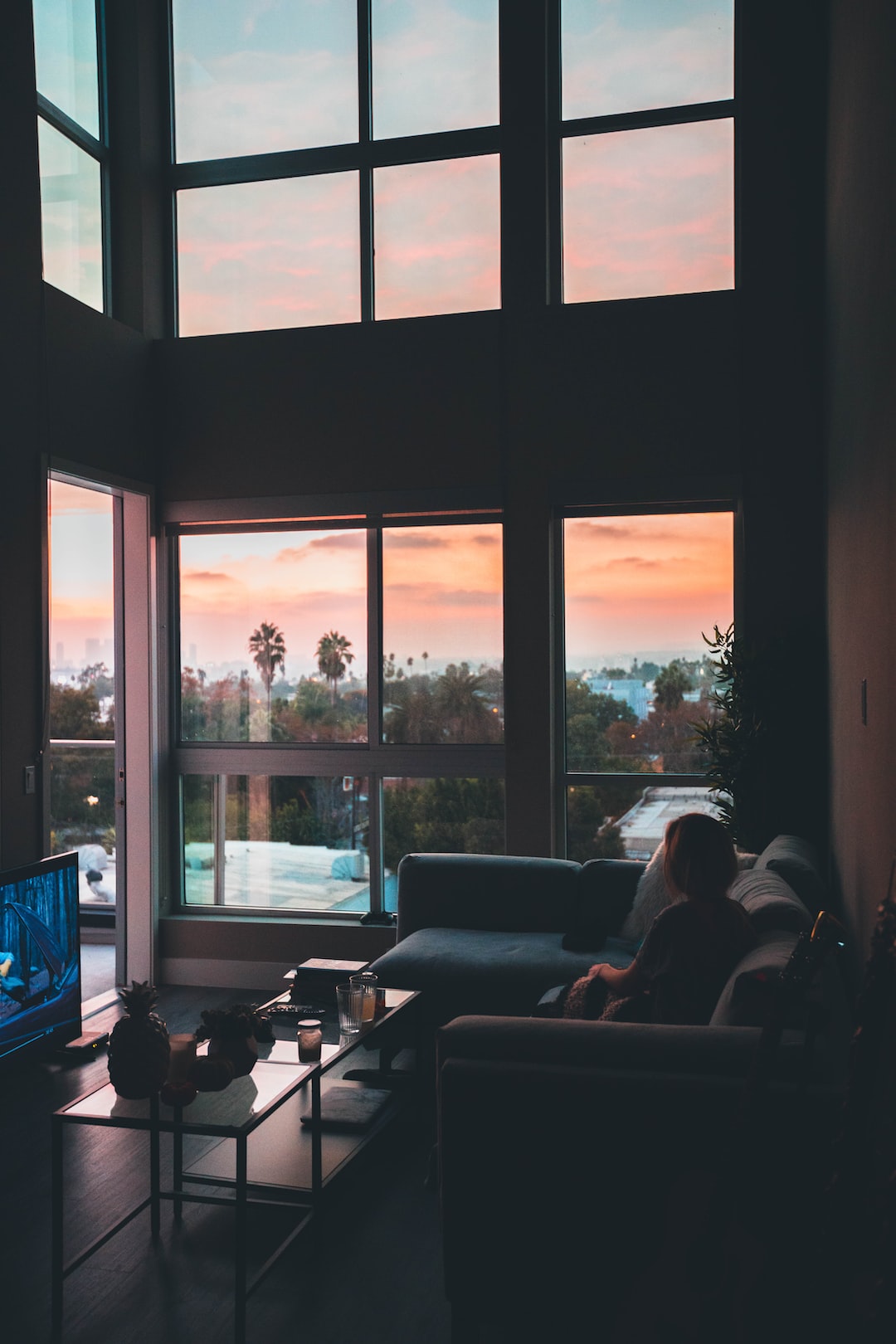In today’s society where media is everywhere, body image has become a major concern for many individuals. With the rise of social media and constant exposure to images of seemingly “perfect” bodies, men and women alike are feeling more pressure than ever before to conform to unrealistic beauty standards. The media has a profound effect on the way people view themselves and others, and studies have shown that exposure to media can lead to negative body image and even eating disorders.
The popular media often portrays unattainable images of beauty and perfection that have adverse effects on people’s self-esteem. Women are often bombarded with images of thin, tall, and toned models that are virtually impossible to achieve without photo-editing tools and other cosmetic procedures. Men are also subjected to images of muscular and toned bodies that are often unattainable for the average man.
The media’s portrayal of beauty standards has led to unhealthy habits and behaviors including eating disorders, low self-esteem, and negative body image, especially among young women. Studies have revealed that exposure to thin ideals in the media has a significant and direct impact on the way individuals perceive their body size and weight. As a result, many individuals develop eating disorders such as anorexia, bulimia, and binge-eating disorder.
The media’s influence on body image has also led to increased body dissatisfaction and the prevalence of cosmetic procedures. Many individuals, especially women, resort to cosmetic surgery that promises to give them a celebrity-like appearance. The rise in cosmetic surgeries, diet pills, and other weight loss products served as a testament to this.
The media’s portrayal of beauty standards can also have an impact on men. The most common portrayal of men in the media is usually of muscular and toned individuals, who are often portrayed as having a chiseled chest, washboard abs, and bulging biceps. Such images put enormous pressure on men to achieve what is often an unrealistic portrayal of beauty standards. This can lead to muscle dysmorphia and other body image issues in men.
Fortunately, there are ways to combat the negative effects of media on body image. Encouraging a healthy and loving relationship with oneself, promoting a healthy body weight, and engaging in regular exercise and healthy eating habits is vital. Additionally, promoting body positivity and self-acceptance regardless of how one looks is an excellent way to counteract the unrealistic beauty standards promoted by the media.
In conclusion, the media’s portrayal of beauty standards is often unattainable for the average person, and its negative impact on body image has become increasingly prevalent. By promoting healthy and loving relationships with our bodies, it is possible to combat the negative effects of the media and encourage body positivity and self-acceptance. After all, beauty is more than what meets the eye. True beauty comes from within, and it is essential to embrace and appreciate the unique qualities and characteristics that make each of us who we are.

